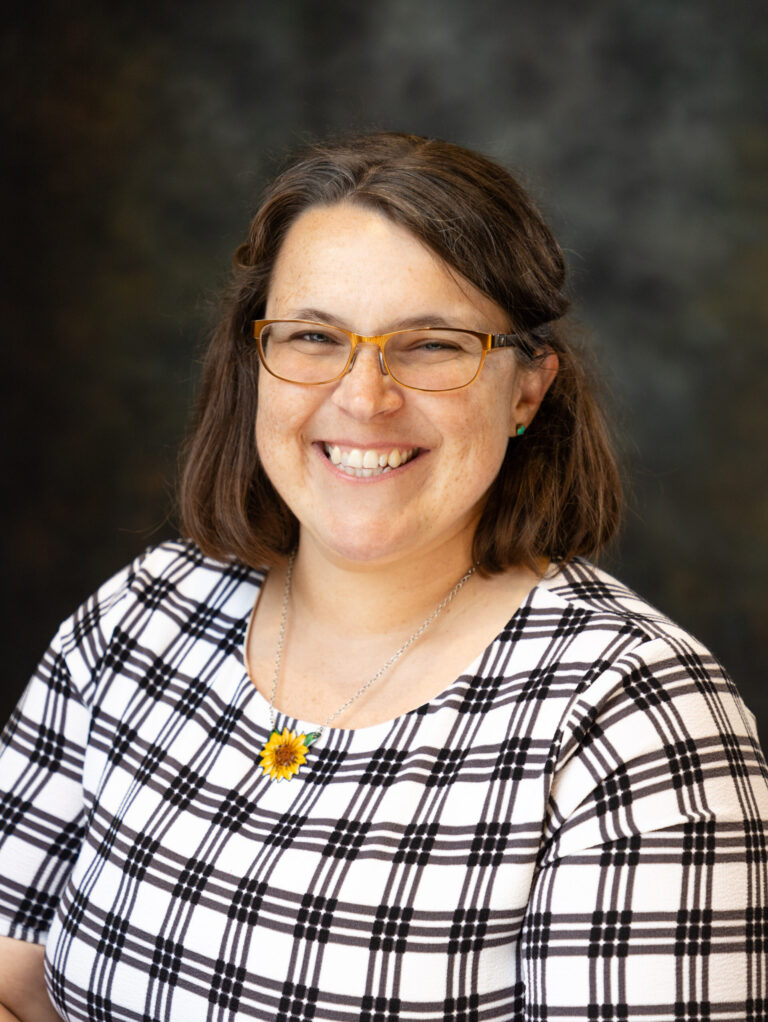The Capitol Report, produced by WisPolitics.com — a nonpartisan, Madison-based news service that specializes in coverage of government and politics — provides a weekly analysis of issues being debated in Wisconsin state government. It is underwritten by the WNA and produced exclusively for its members. WisPolitics.com President Jeff Mayers is a former editor and reporter for the Associated Press and a former political writer for the Wisconsin State Journal.
EDITOR’S NOTE: This column is provided to Wisconsin Newspaper Association members by WisPolitics.com. Proper attribution in your newspapers IS REQUIRED, including the byline “WisPolitics.com” and the tagline at the end of the column.
By WisPolitics.com
There’s a big race for governor this fall. And maybe even a bigger race for U.S. Senate.
Another race to watch: the contest for Wisconsin’s “top cop,” the state attorney general.
Democratic Attorney General Josh Kaul, a former federal prosecutor, is in his first term and running for another four years.
Republicans will have an August primary to decide his opponent.
In the meantime, a recent report highlights a possible issue in the fall race.
The state crime labs were better at turning around DNA cases submitted in 2021 than the year before.
But it took longer, on average, to process them, according to the Department of Justice’s annual report on the Division of Forensic Sciences.
GOP attorney general candidates Adam Jarchow and Eric Toney both knocked the incumbent for the lab’s performance under his watch.
But Kaul, who’s up for reelection this fall, argued in an interview the state is on the right track with the crime lab after a challenging 2020 due to COVID-19 that forced a reorganization to account for safety protocols.
He also noted Gov. Tony Evers has announced $5 million in federal COVID-19 funds for the labs as part of an effort to address a backlog of criminal cases that built up during the pandemic, which hampered court proceedings.
“It’s back to a downward trend,” Kaul said of processing DNA cases. “Compared to where it was four-five years ago, you can see we’re moving in the right direction when it comes to DNA analysis.”
The lab is broken into several sections, including DNA analysis. According to the report, the state’s labs took in 3,612 cases for DNA analysis in 2021 and completed 3,526. The average time to turn around
a case was 128 days.
In 2020, the labs took in 3,820 cases, processed 3,144 and had an average turnaround of 94 days.
The caseload for both years was lower than in 2018, the year before Kaul took office.
In the DNA section, there were 8,626 cases submitted for DNA analysis in 2018, and the lab-processed 5,664. The average turnaround time was 80 days.
The number of pending DNA analysis cases has fluctuated since 2017, which marked the halfway mark of Republican Brad Schimel’s term.
On Oct. 31, 2018, the number of DNA cases awaiting process peaked at 1,694 over that period. That included 978 that had been waiting less than 90 days for analysis and 650 that had been waiting longer than that.
That dropped to 689 on Sept. 30, 2019, before beginning to tick up. During the pandemic, it peaked at 1,274. As of last month, it was 656. The number of cases on March 31, 2022, included 455 that had been awaiting analysis for less than 90 days and 201 more than that.
Still, the overall number of cases submitted is lower than it was under Schimel. In 2017, there were 15,795 cases and in 2018 there were 12,680 submissions in all categories. For 2021, there were 9,297.
In other areas:
*In the chemistry section, there were 4,430 controlled substances cases submitted and 3,522 processed with an average turnaround of 61 days. In 2020, there were 3,813 cases submitted and 3,675 processed with an average turnaround of 44 days.
The chemistry section also completed 4,078 toxicology cases while taking in 4,073.
Kaul requested four toxicologists in his 2021-23 budget proposal, but the GOP-controlled Joint Finance Committee rejected the ask. It instead approved funding for more lab equipment.
*The crime scene response team handled 155 cases, up from 104 in 2020. It took an average of 54 days from reporting to the scene to finalizing the report, up from 49 days in 2020.
*The labs received 84 cases in forensic imaging and processed 71 with an average turnout of 70 days. In 2020, it processed 77 cases and received 86 with an average turnout of 56 days.
*The labs received 1,000 cases of latent prints and footwear with 963 processed and an average turnaround of 71 days. In 2020, it received 941 and processed 840 and an average turnaround of 55 days.
The crime labs had 178.4 full-time equivalent authorized positions, with 167.4 filled. As of Dec. 23, 2018, there were 170 authorized positions, with 164 filled, according to DOJ.
Fond du Lac District Attorney Eric Toney, who’s running for attorney general, accused Kaul of trying to “bury his abysmal failure of mismanaging the crime lab.”
He said Kaul is limiting the amount of evidence that law enforcement can submit to the lab to improve turnaround times.
The agency has put a series of guidelines in place on how samples should be submitted to the labs.
“Wisconsin can’t afford another 4 years of Kaul’s failures,” Toney said.
Meanwhile, fellow GOP attorney general candidate Adam Jarchow, a former state lawmaker, slammed Kaul for blaming turnaround times on the pandemic.
“There is no more important core function of government than keeping citizens safe and solving crimes, so blaming COVID for longer turn-around times of DNA testing is unconscionable,” Jarchow said.
RELATED: Read more Capitol Report columns from WisPolitics.com
For more, visit WisPolitics.com
The Capitol Report is written by editorial staff at WisPolitics.com, a nonpartisan, Madison-based news service that specializes in coverage of government and politics, and is distributed for publication by members of the Wisconsin Newspaper Association.
Copyright © WisPolitics.com



